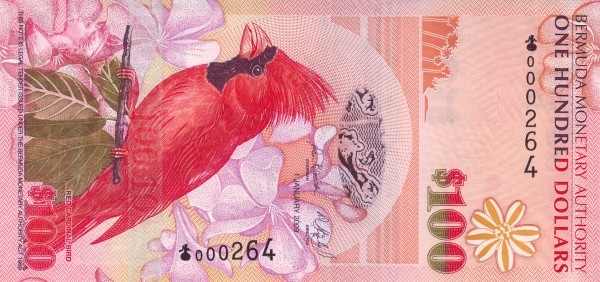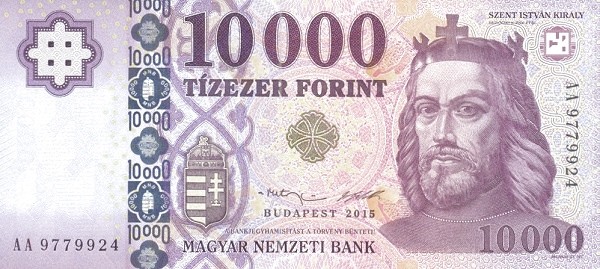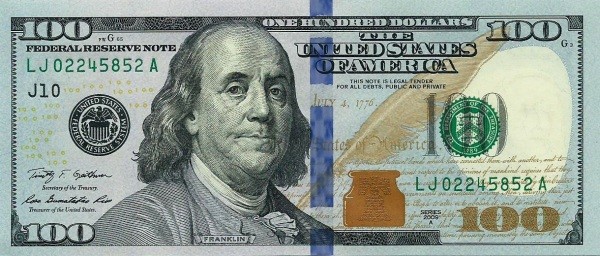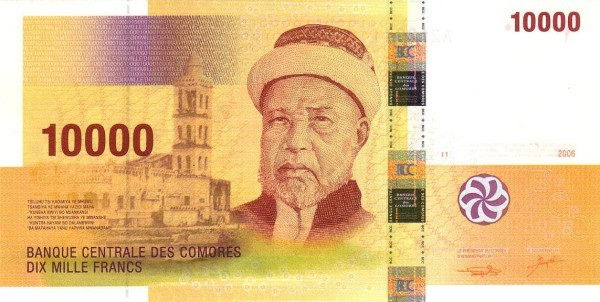Spanish Peseta
Spanish Peseta
The Spanish Peseta was the official currency of Spain from 1869 to 2002. It was introduced as a replacement for the Spanish Real and remained in circulation for over a century. The Peseta was divided into 100 centimos and had various denominations, including coins and banknotes.
During its existence, the Peseta went through several changes in design and value. In the early years, it was backed by silver and gold reserves, but later became a fiat currency. The exchange rate of the Peseta fluctuated against other currencies, especially during times of economic instability.
In 1999, Spain adopted the Euro as its official currency, and the Peseta was phased out over the next three years. By 2002, it ceased to be legal tender, and all transactions were conducted in Euros. The transition to the Euro was seen as a significant step towards European integration and facilitated trade and travel within the Eurozone.
Today, the Spanish Peseta is a relic of the past, but it holds nostalgic value for many Spaniards who grew up using it. It serves as a reminder of a bygone era and the economic changes that have shaped Spain's history.
Below is the related paper currencies in Spanish Peseta.
1992 ESP10000
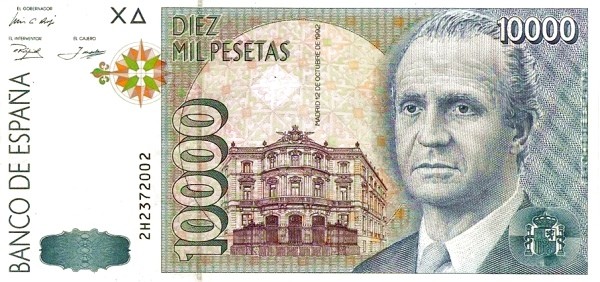
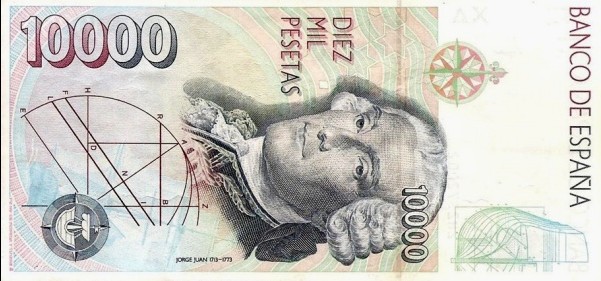
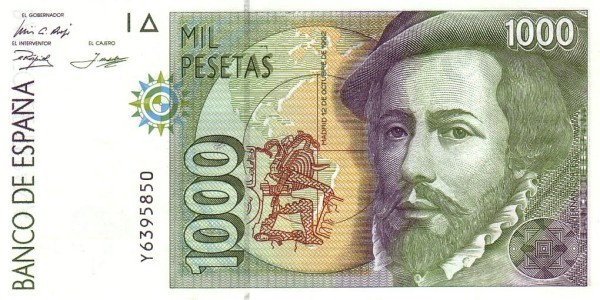
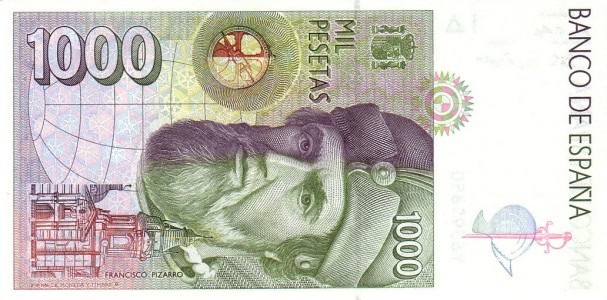
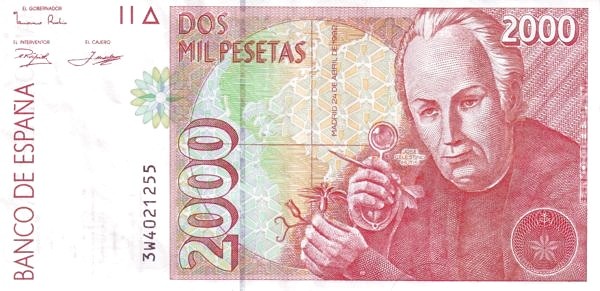
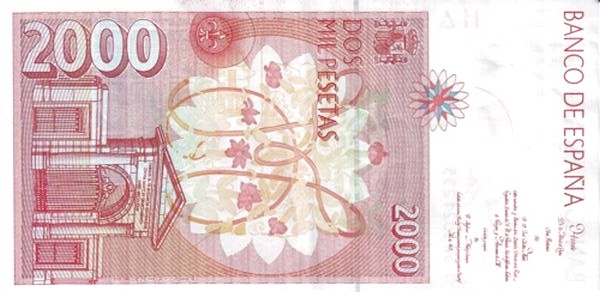
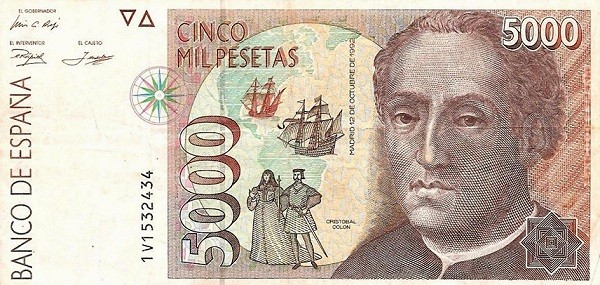
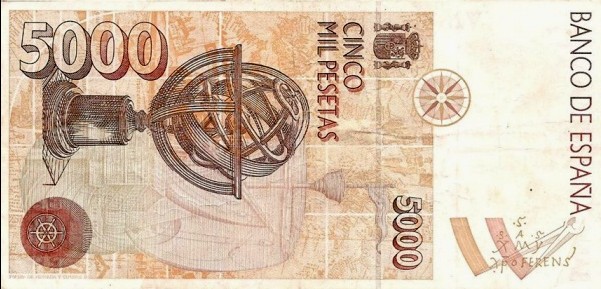
Bermudian Dollar
Bermudian Dollar2009BMD1002009BMD102009BMD202009BMD22009BMD502009BMD5
Hungarian Forint
Hungarian Forint2015HUF100002018HUF10002017HUF200002016HUF20002017HUF50002018HUF500
US Dollar
The US Dollar is the currency of the United States of America and several other countries and territories. It is also the most widely used currency in international trade and finance, and the main reserve currency of the world. Here is a brief introduction of the US Dollar:The US Dollar was
Comorian Franc
The Comorian Franc is the official currency of the Comoros, a small island nation located in the Indian Ocean. It was introduced in 1981 to replace the French Franc, which had been in use since the country's colonial period. The currency is issued by the Central Bank of the Comoros and is available in both paper and coin form. The exchange rate of the Comorian Franc is determined by market forces and is subject to fluctuations. While the currency has faced some challenges in the past, such





